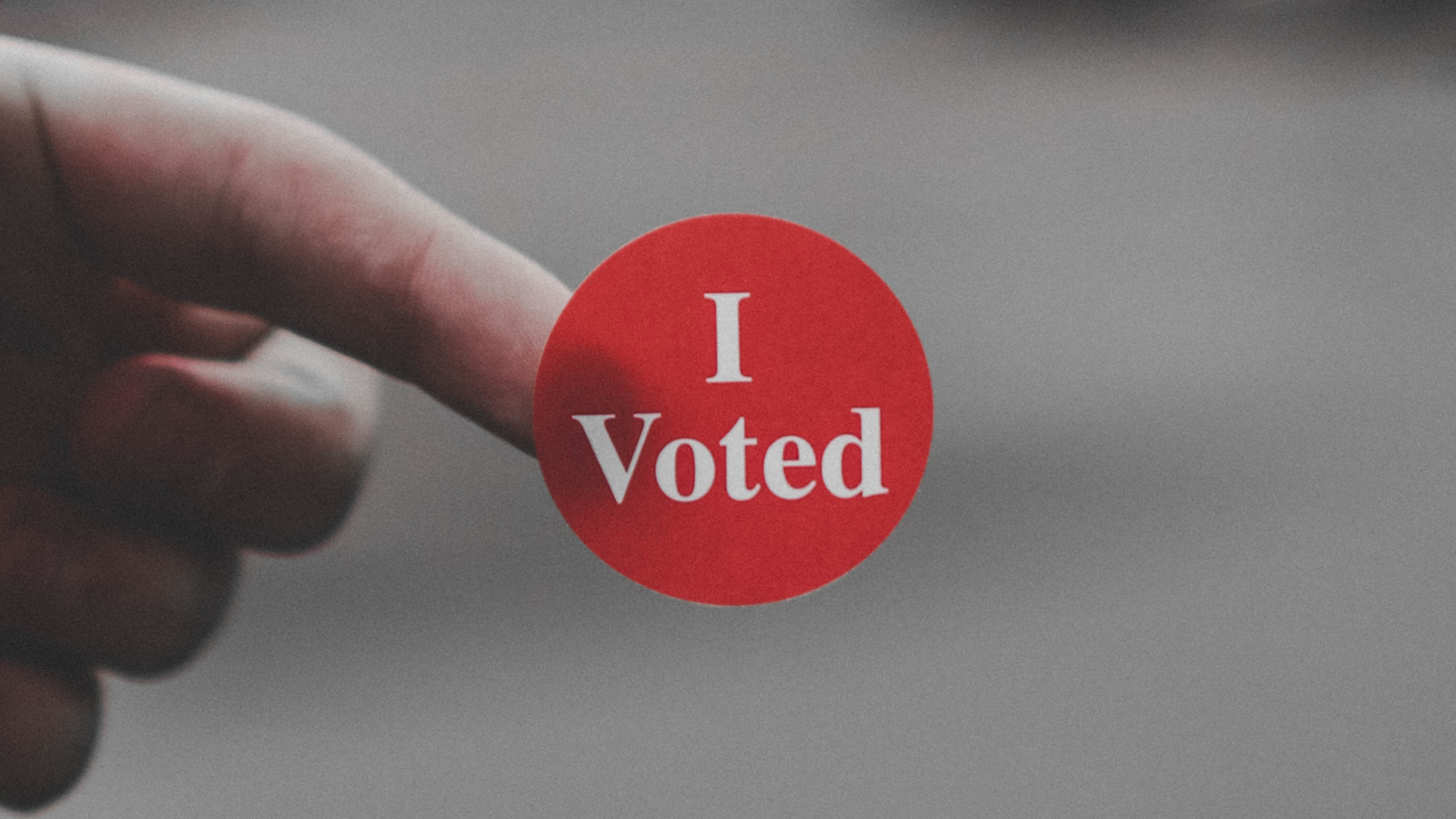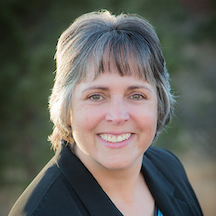By Elise DeYoung
Today, it is typical for social movements in Western civilization to claim they are fighting for the founding principles of America: liberty, justice, and, most of all, equality for all.
Feminism, that age-old movement, claims that women are inherently oppressed by men. Betty Friedan, in her modern feminist manifesto The Feminine Mystique, makes the case that for women to gain equality with men, they must become empowered, strong, independent girl bosses. Ladies, we’ve all heard this line.
The Pro-Choice movement, through Planned Parenthood, claims to be an agent of equality as they kill unborn children so that women, like their male counterparts, can experience sexual freedom without fear of the consequences. On its website, Planned Parenthood defines itself as “an equal opportunity employer [that] welcomes all qualified applicants, regardless of gender, race, age, sexuality, or disability.”1
The Black Lives Matter movement implores us all to “Join the Movement to fight for Freedom, Liberation and Justice.” “Their vision aims at “achieving liberation” for all minority groups, including (but not exclusive to), “Black queer and trans folks, disabled folks, undocumented folks, folks with records, women, and all Black lives along the gender spectrum.”2
Through the rise of the LGBTQ movement, individuals are fighting to protect the rights of so-called “trans-identifying individuals.” These allies of pride celebrate legislation such as the Equality Act, passed by the British Parliament in 2010, as a small step towards ensuring that each individual has the equal right to identify as whatever they want.
It is clear that many movements today are seeking radical social reforms in the name of “equality.” So, if equality is an American value, shouldn’t we, as conservatives, support these causes?
The answer is a resounding “no.”
Why, you may ask? Even though these movements use the word equality in their messaging, equality is not what they are fighting for. Rather, they are striving for the perverted “equality” of Karl Marx, known today as equity. Understanding the distinctions between these words and how they have been weaponized against America is vital as we seek to conserve our founding values and way of life.
This article will explore the drastic differences between these two values, expose the danger that equity poses to Western society, and provide a greater understanding of why Marxist movements, such as those listed above, must be stopped.
Equality vs Equity
We have all heard it said, “We hold these truths to be self-evident; that all men are created equal; that they are endowed by their Creator with certain unalienable rights; that among these are life, liberty, and the pursuit of happiness.” This statement must not be underappreciated. Thomas Jefferson established the great American experiment by penning these words in 1776 onto the Declaration of Independence. No society in the history of the world had been founded on words as profound as these. No society in the history of the world has been established on the principle of equality for all.
Equality is the belief, as Jefferson wrote, that all men are created equal. It is not a result of sex, race, social status, wealth, or religion, but it is a truth because God has created all men in Imago Dei.
How often do you hear that message today?
Equality for all has been the bedrock of our great nation for centuries. Systems like capitalism and ideas such as the American Dream have been born out of our strong belief in life, liberty, and the pursuit of happiness.
This beautiful idea is why the American experiment was, and is, successful.
However, in our modern day, this truth seems to be battered and bruised by radical progressive thought that abuses equality and threatens to blot out Jefferson’s words. Where did this threat come from? How can we put an end to it?
Equity
To discover the origin of this anti-equality ideology, we must examine 19th-century Eastern thought.
Karl Marx officially founded communism in 1848 when he and Friedrich Engles wrote The Communist Manifesto. The political pamphlet combined the thoughts of German revolutionaries into a persuasive and passionate call to action. Marx argued in favor of annihilating capitalism and the class system through a complete revolutionary restructuring of society. However, his ideas did not take root until 1917, when Vladimir Lenin led the first successful communist revolution in Russia. Since then, communism has been tried, and communism has killed many in different countries.
Marx’s ideas have evolved, and his ideology has seeped into Western social trends and economics. Present-day communism upholds equity as its central value in the same way that Americanism upholds equality. Its entire system depends on it.
But what is equity? Equity calls for destroying distinctions to ensure that everyone in a society achieves the same outcome.
What does this look like in practice? It means that distinctions between individuals that may lead to “unequitable” or different outcomes must be abolished. Factors like race, religion, property ownership, sex, class, age, wealth, and health must be eradicated from an equitable society. This is the radical and unavoidable consequence of communism through equity. Thankfully, such extreme measures have not yet been accepted by the West. This does not mean, however, that we cannot see traces of the poison of equity throughout the country.
The Infiltration of Equity
Like a virus, equity seeps into a society unnoticed. Like a virus, you might notice some symptoms at first, but you’d never guess the true source of the illness. And just like a virus, equity will eventually make itself known, but by then, it will be too late.
For many years, the ideas of Marx infiltrated the West under the guise of “equality.” We have already seen how many radical leftist movements claim they are fighting for the equality of some minorities. Women, would-be mothers, African Americans, or those who claim to be LGBT or Q are told that they have unequal rights compared to the dreaded straight, white, evangelical man. These movements do not care that there is no American law on the books that discriminates against any minority group or individual. But I digress.
The message to America is that the differences between men and women, “a clump of cells” and babies, white and black people, and those who are straight and gay must be rendered obsolete before “equality” can be ensured. This is not equality, which promises equal opportunity to all; this is equity, which promises equal outcome to all.
Today, the virus of equity is beginning to make itself known in our sick nation. If you are a college student or an employee of a large corporation, you have heard the acronym DEI or, as Jordan B. Peterson refers to it, DIE. DIE stands for diversity, inclusion, and equity. These values have been infused into universities across the United States and the rest of the West. They have been accepted by teachers, bosses, and even our President and are now being promoted as so-called “American values.”
Radical Marxist movements, supported by large masses of college students, have begun to wave these values unashamedly as their banners and shout them as their anthems.
There is no doubt that equity has infiltrated our society and way of life. And just like a virus that cannot help but corrupt its victim, equity, if it is not soon eradicated, will continue to infuse itself into the West until the words of Jefferson are dead and gone.
Equality for All
“We hold these truths to be self-evident; that all men are created equal; that they are endowed by their Creator with certain unalienable rights; that among these are life, liberty, and the pursuit of happiness.” Thomas Jefferson, The Declaration of Independence.
With this declaration, Jefferson freed a nation. Now, with this same declaration, we must maintain that freedom.
Today, we are urged by the Left to fight against America in the name of America. We must not be fooled! “Equality for all,” as we have seen, is not the aim of these radical leftist movements. What they want is the implementation of Marxism through equity in our free nation.
Is this a sinister and purposeful attack being made by those in power? Or is it merely a misunderstanding born of ignorance? We may never know, but what we can know is that Americans deserve their God-given right to equality. We must recognize this as our battlefront as we seek to conserve our nation’s principles.
Equity and equality are as different as the East is from the West (literally). The two cannot coexist, so one must overcome the other. Which will it be? If we value the words of Jefferson and the American way, we must stand firmly against Marxist movements and stand up for the right to equality, for all.

Elise DeYoung is a Public Relations and Communications Associate and a Classical Conversations graduate. With CC, she strives to know God and make Him known in all aspects of her life. She is a servant of Christ, an avid reader, and a professional nap-taker. As she continues her journey towards the Celestial City, she is determined to gain wisdom and understanding wherever it can be found. Soli Deo gloria!

















